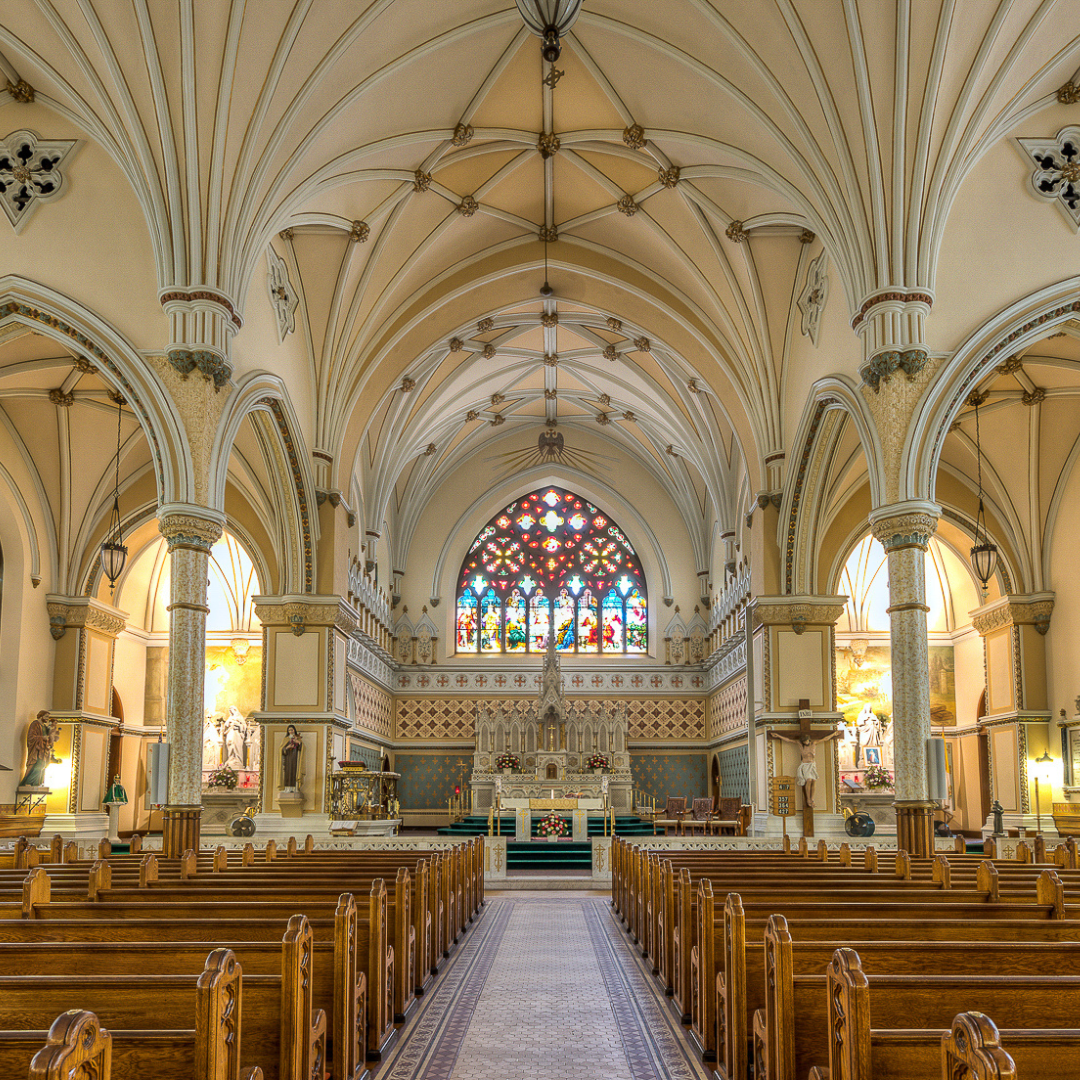This is why the most difficult Catholic beliefs might be the most beautiful! ❤️🔥
In this episode of "The Catholic Talk Show," podcast hosts Ryan Scheel and Ryan Dellacrosse discuss some of the hardest Catholic teachings that society, Protestants, and even some Catholics reject.
“No one ever said being a Catholic was easy,” Scheel says. What people commonly “perceive about Catholicism is there's a lot of rules [and] a lot of beliefs,” that Catholics have to follow.
However, the Catholic Church's teachings are not restrictions. They’re more like invitations to a relationship with God.
Scheel says knowing this can help us better understand our own free will and God’s mercy, especially when trying to reconcile “Why would a loving God send people to hell?”
"God doesn't really send people to hell. We choose to separate ourselves from Him," Scheel explains.
For example, the Church's teaching on contraception isn’t a prohibition, but an affirmation of love's full potential to bring forth life, both physically and spiritually.
"The Church wants all of it to be there because that's where fruit is born in the relationship between a man and a woman," Dellacrosse says.
Similarly, women not being in the priesthood is not a prohibition, but a recognition of their unique roles in the Church and the value of each person's calling within the Body of Christ.
"Jesus incorporated women into his followers," Sheel says, "but he didn’t incorporate them into the priesthood. The Church has always taught that it has no right to go against that."
Scheel continues that these teachings and others are built on the primacy of the pope and the apostolic foundation that has always guided the Church.
This explains why we “care what the pope says about any particular issue.” In fact, every pope “can be traced back to Peter and these original apostles," Dellacrosse explains.
The guys say these "controversial" Catholic teachings are some of the Church’s most beautiful because they invite us into a deeper relationship with the truth, challenging us to come closer to God!

